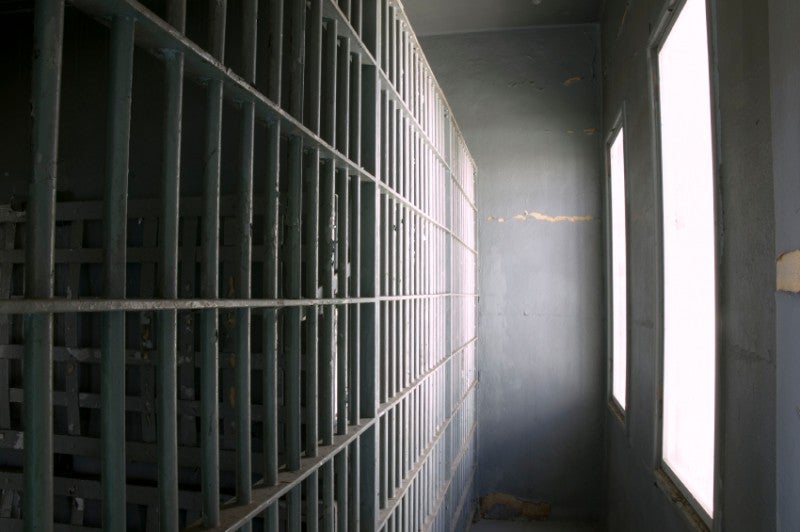
May 29th is the second #ProofPointDay, an annual celebration to bring visibility and voice to the hundreds of thousands of first-generation college graduates (FGs) in the US — reinforcing what is possible and inspiring the next generation. #ProofPointDay is the fellowship project created by Pahara-Aspen Fellow Chastity Lord.
Andres Idarraga, Noah Kilroy, and Bruce Reilly are all FGs and founders of Transcending Through Education Foundation (TTEF), which supports the higher education efforts of people in or transitioning out of prison.
Before we all went to college, we went to prison. In that unlikely place, we began our educational journeys. We discussed books while walking the prison yard — sharpening our minds, and in the process, more deeply understanding ourselves. We kept each other accountable to a daily study regime. We paid our last dollar on correspondence college courses, and applied to universities while still behind bars. We left prison and entered college. Today, we all have law degrees.
We founded Transcending Through Education Foundation (TTEF) with a shared mission to help the countless future FGs behind prison bars.
We know from both statistics and experience that education is the single greatest purveyor of stability for people with conviction histories. Yet, the educational needs and hopes of people in prison have been systemically overlooked.
In 1994, when Congress eliminated Pell Grant eligibility for people in prison, the programs that did exist dwindled to a very few. All this despite the overwhelming evidence that prison education programs work: the recidivism rate for unemployed, non-high school inmates is nearly 50 percent, compared with 17 percent for employed, college program participants. A recent Rand Corporation study also found these programs cost-effective against re-incarceration.
The longstanding effort to restore Pell Grant eligibility has finally taken root as individual education is increasingly recognized for its broader community-building and public safety values. Children in prison have recently regained eligibility, and legislation for a full restoration is pending in Congress.
As FGs, we know the value of an educational lifeline, especially when a person hits rock bottom. We also know the value of role models. Few people in prison have a college education or go on to get one after release. Over 10 years ago, still in prison, Bruce asked Andres if he knew anyone in prison who had gone to college. Andres replied that he knew no one.
TTEF is changing this reality. Since TTEF was founded in 2012, we have awarded nine scholarships and grants in Rhode Island (our home state and where we all served our prison time) to people who are taking college courses while in prison or after they have been released. TTEF plans to replicate its model in more states.
The vast majority of our award winners are first-generation college students. We have conducted workshops for nearly 500 incarcerated individuals in every prison facility throughout Rhode Island. TTEF’s workshops take on the very issues that we found ourselves navigating alone, without a blueprint or role model: applying to college and for financial aid with a criminal conviction, managing personal finances, and dealing with the stigma of being a formerly incarcerated FG, to name a few.
This July marks TTEF’s third scholarship cycle. Like TTEF’s founders, our award winners will face challenges. In general, more than a quarter of low-income first-generation college students leave after their first year in college and close to 90 percent fail to graduate within six years. Our awardees will face additional hurdles.
Whether you are a FG, future FG, or an FG ally, we encourage you to be visible and vocal on May 29th by visiting http://www.proofpointday.org and wearing green.
RELATED CONTENT:

